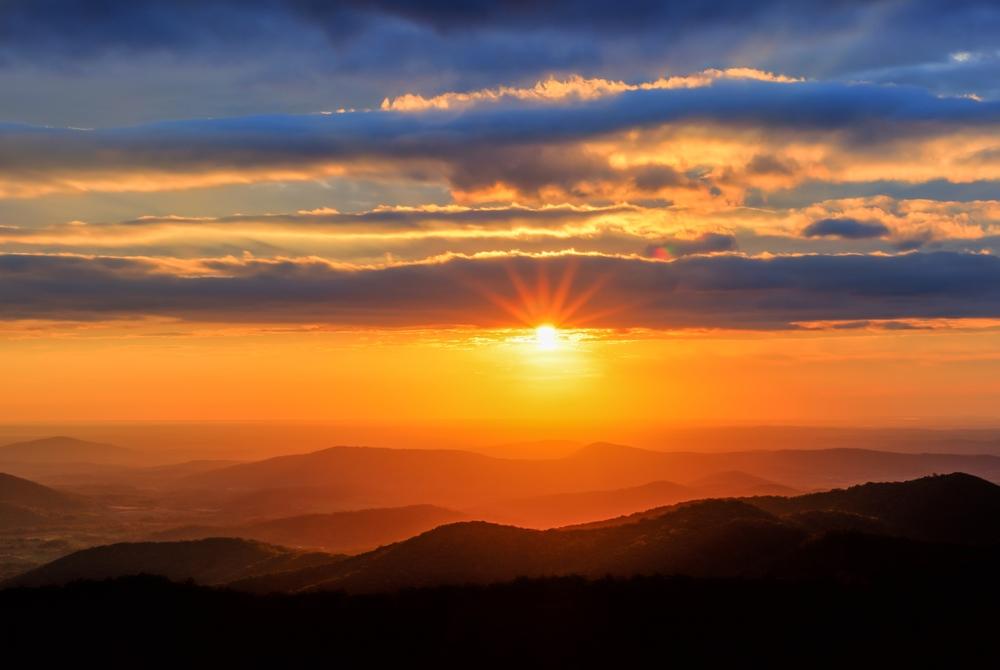Sen. Cory Gardner (R-Colo.) introduced bipartisan legislation on Tuesday along with Sen. Joe Manchin (D-W.Va.) to fully and indefinitely fund the Land and Water Conservation Fund (LWCF) as well as invest billions of dollars into national parks and public lands.
The Great American Outdoors Act is being debated on the floor of the Senate today with a commitment from President Trump to signing the legislation.





